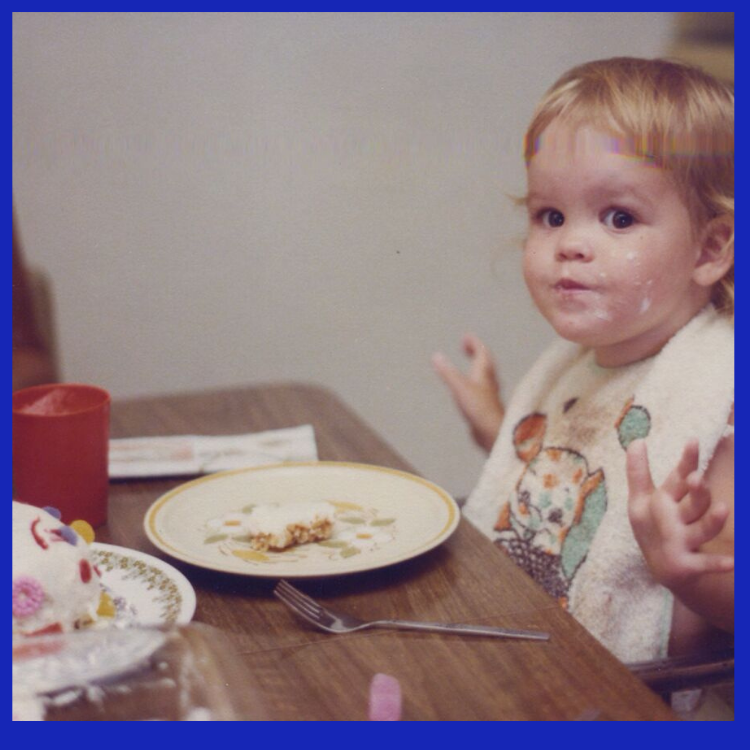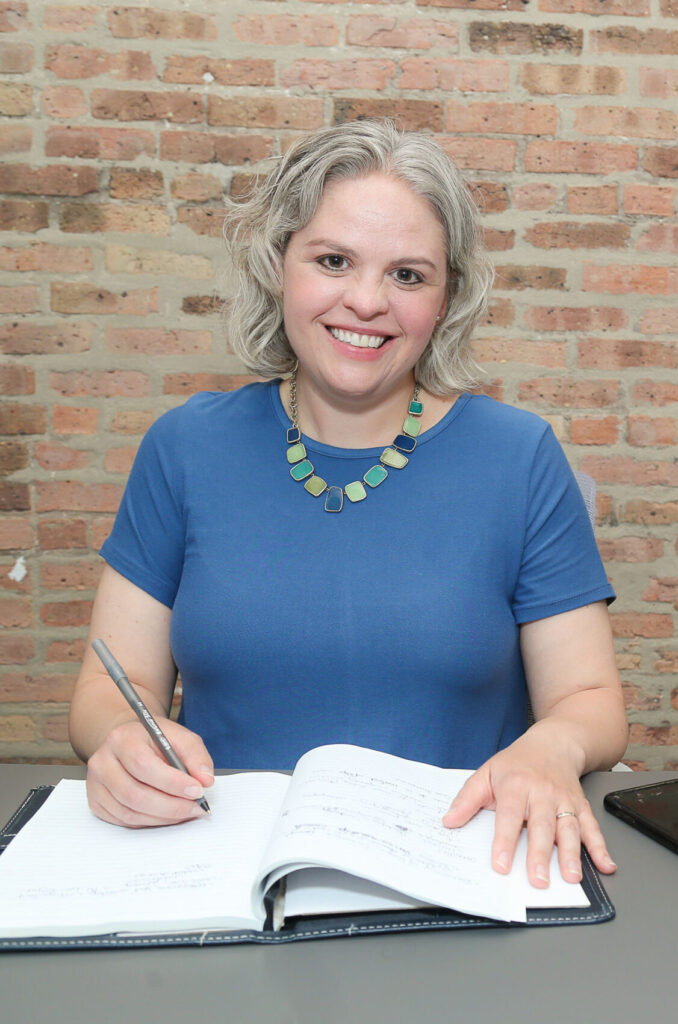
Raising a PKU child in the early 80s – oh my, what changes have taken place over the past 40 years! I am amazed. My mind gets overwhelmed when I looked back and try to recall what we did not have back then and how much easier it seems now. Not even emails to a dietician. No internet or Google searches for research. No social media to connect with other parents. No gluten free products. No choices for formula. No low protein baking mix or bread machines. No Kuvan. No gram scale. Low protein products were few, and difficult to obtain. The only treatment was the rigid low protein diet, and we were provided a very short booklet of approved foods.
Our PKU daughter was born in 1979 and our PKU son was born in 1981. We had never heard of this disorder before it became a part of our life. We got the diagnosis call from the clinic when our daughter at 11 days old, and when our son was 3 days old. Both have classical PKU. The question in the 70s and 80s was: “how long do they need to be on diet?” To answer that question, clinics asked families to participate in the Collaborative Study – a research study that pooled resources (and patients) from several hospitals in order to study the longer term effects of PKU. Our daughter was born during the last stage of the study, when clinics believed the diet could be relaxed at 6-8 years old when the brain was fully developed. Later it was determined that it is better for kids with PKU to stay on diet until 12 years old. Every few years the information was updated as doctors learned more, and now we know the diet is for life.
The 1980s was a decade of hope. We received excellent and individualized attention on our baby. Studies indicated that a rigid low protein diet was all that was needed to treat PKU. Our first PKU clinic visit we came home armed with a lot of reading material about PKU, a case of Lofenalac, (the only low protein formula for babies) and a 20-page booklet that listed all the foods allowed on the diet. Blood work was taken every two weeks the first year of life, and then once a month after that. At 6 months babies were given a challenge test where babies were given regular milk to see if they really had PKU. We attempted the 3-day challenge, but ours lasted just one day. Our daughter’s level skyrocketed to 29 after a day. It was difficult because we watched her break out in a rash and cry incessantly. IQ tests were taken at two years old.
In the 1980s pediatricians did not have much knowledge about PKU. Some even wondered if newborn testing was a waste of time. At one doctor’s appointment, our regular pediatrician commented that he had never encountered a PKU baby. He had always wondered if it was worthwhile since it was so rare. Two years later he saw our daughter for a follow up diet. He told me – “she is doing well; go ahead and keep feeding her the low protein diet.” He had just finished telling me she needed milk and meats added to her diet, before he made this statement. I knew he didn’t understand the diet or the condition at all, an experience that is still common for PKU patients.
Illinois, where we lived, had an excellent PKU parent group that provided support as our kids grew. It was our motivation to keep moving forward and not lose heart as we persevered in raising our kids. The support of others helped tremendously in the early days – we had doctors, nutritionists, social workers, and other parents to share stories with. Community makes a big difference then, and still does. Raising PKU kids in the 80s became somewhat routine and normal as we learned to live with what we had and knew, but it was without the hope that there would ever be treatment for PKU other then diet. Today there is Kuvan and Palynziq along with amazing research being done to further the treatment. PKU is challenging, but don’t lose heart, we’re living in a time of great advancement—who knows what’s ahead in the next 10 years?
— Contributed by Cathy Lorimer
Learn more about Growing Up With PKU in the 1990s


My daughter was.born in 1972 so I totally understand where you were at . She was taken off her diet at 8 years old no follow up she is now 48 and is about to go back on her diet only through the pku world wide support group. We never had a support group or anyone to talk to that could understand how hard it was.I know you do. Thankyou for your perspective on raising a PKU child
Thank you and your mother for sharing your journey. My grandson is 15 months old with Clasical PKU, and we are still learning. I can only imagine how challenging and scary it must’ve been in the 80s!
Kudos to your parents for a sterling achievement!
Marry Xmas from the PKU Nana in Australia x
Thanks for following along! It is good to be reminded of how far we have come sometimes – and there is opportunity for more treatment breakthrough!